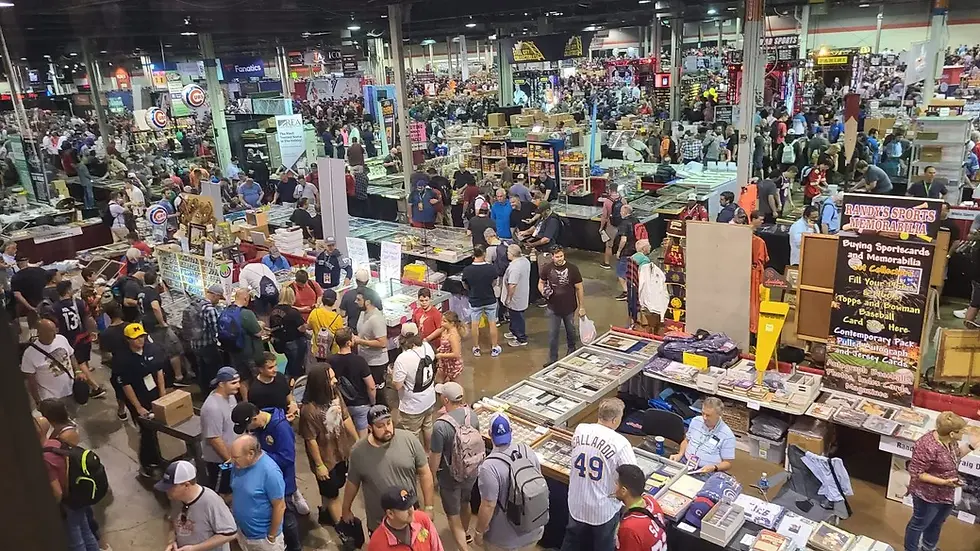Locked Out at Home: Why Some U.S. Sellers Are Turning to Japanese Distributors on Facebook
- wealth related

- May 28, 2025
- 3 min read

In an increasingly globalized economy, you'd think that sourcing products in your own country would be the easiest route for a seller in the United States. But for a growing number of small businesses and independent resellers, gaining access to official U.S. distributorships is proving more difficult than ever. As a result, some are turning their gaze eastward—specifically to Japanese distributors discovered on platforms like Facebook.
The U.S. Distributorship Roadblock
The American retail supply chain is structured around a network of official distributors who maintain strict gatekeeping. Many of these distributors prioritize relationships with larger, established retailers. For smaller sellers—especially new entrants or niche resellers—breaking into this inner circle can be nearly impossible.
Here are a few common challenges:
High Buy-in Requirements: U.S. distributors often require large minimum orders or high initial investments that smaller sellers can’t meet.
Brand Exclusivity Deals: Some brands offer exclusivity to certain distributors, which limits options for others trying to get the same products.
Limited Communication: Getting a response from a U.S. distributor as a small or unknown seller can be difficult. Many don't entertain inquiries without prior relationships or volume guarantees.
The Japanese Workaround
Faced with these barriers, some U.S.-based sellers have begun forging relationships with Japanese distributors and sellers, many of whom are surprisingly accessible through Facebook groups, forums, and niche ecommerce communities.
These Japanese distributors tend to offer:
Greater Flexibility: Lower minimum order quantities and more willingness to work with smaller, independent sellers.
High-Quality Products: Japan’s reputation for manufacturing precision and product quality remains strong across many industries, from collectibles to cosmetics to electronics.
Cultural Openness in Niche Markets: Especially in enthusiast or collector communities (anime, gaming, tech gadgets), Japanese sellers are accustomed to working with international buyers and are more collaborative in their approach.
Facebook as the Bridge
Facebook remains a powerful, albeit unexpected, tool for global business networking. Many of these connections are being made through niche groups where Japanese and American sellers interact directly. Some sellers even operate informal B2B relationships entirely over Facebook Messenger, using trusted payment platforms like PayPal and TransferWise.
Facebook groups also act as vetting platforms—where reputation, reviews, and word-of-mouth matter more than a polished website or traditional branding. Sellers can often observe the activity of a Japanese distributor for weeks before initiating contact, helping to build confidence in the relationship.
Risks and Considerations
Of course, this workaround isn’t without its risks:
Shipping Costs and Delays: International shipping is more expensive and unpredictable, with customs delays and exchange rate fluctuations adding friction.
Import Duties: Sellers must be aware of U.S. customs regulations to avoid surprise fees or legal complications.
Trust and Fraud: Without formal contracts, much of this trade runs on trust. Doing due diligence is essential—vet sellers, ask for references, and use buyer-protected payment methods.
The Bigger Picture
This emerging trend highlights a gap in the U.S. distributorship model—a system that can sometimes stifle entrepreneurial energy in favor of protecting legacy relationships. As global platforms make cross-border relationships easier, U.S. sellers are no longer restricted to domestic gatekeepers. They’re finding opportunity through initiative and global outreach—even if it means sourcing products halfway across the world.
Whether this trend grows depends on how flexible domestic distributors become and how accessible they make their processes for smaller players. But for now, many American sellers are finding success not at home, but online, through unexpected international alliances.




Comments